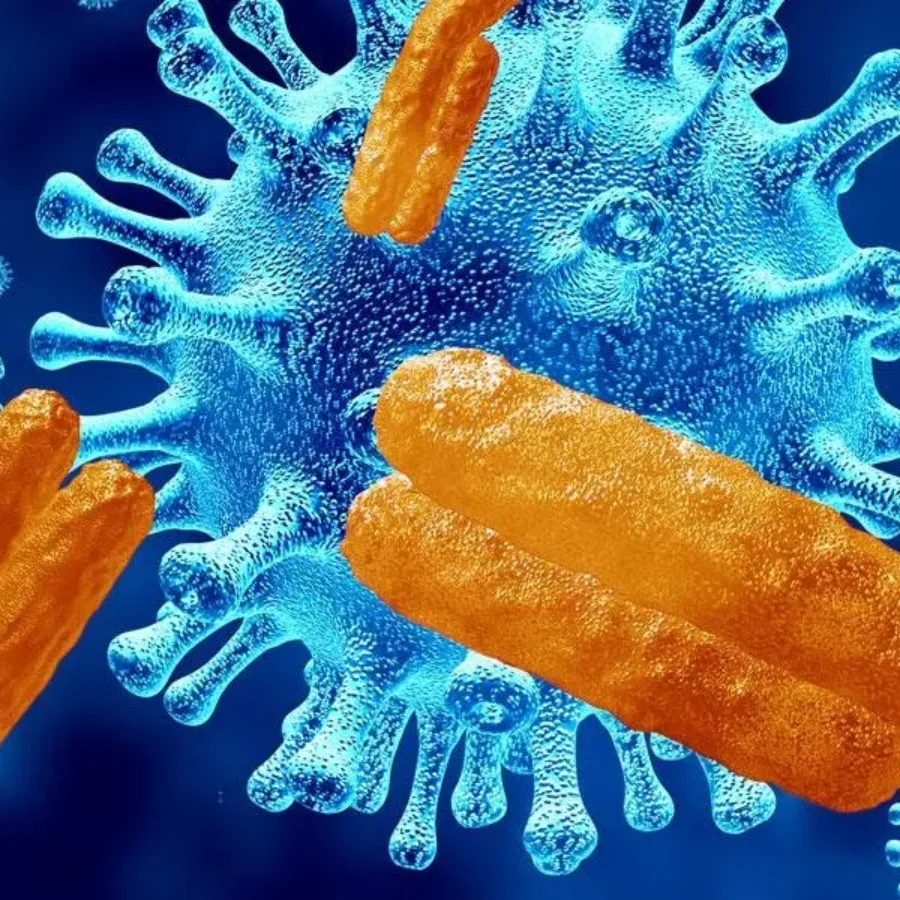 Blogs
Blogs
Biologics are drugs derived from complex molecules like antibodies. Over the last two decades they have re-emerged as…
 Blogs
Blogs
Understanding the interactions between drugs and biological systems is critical for the success of a new drug. One key tool in this process is functional assays. Functional assays are customized assays that evaluate the impact of drugs on the functionality of cells. They test for a drug’s specific biological mechanism…
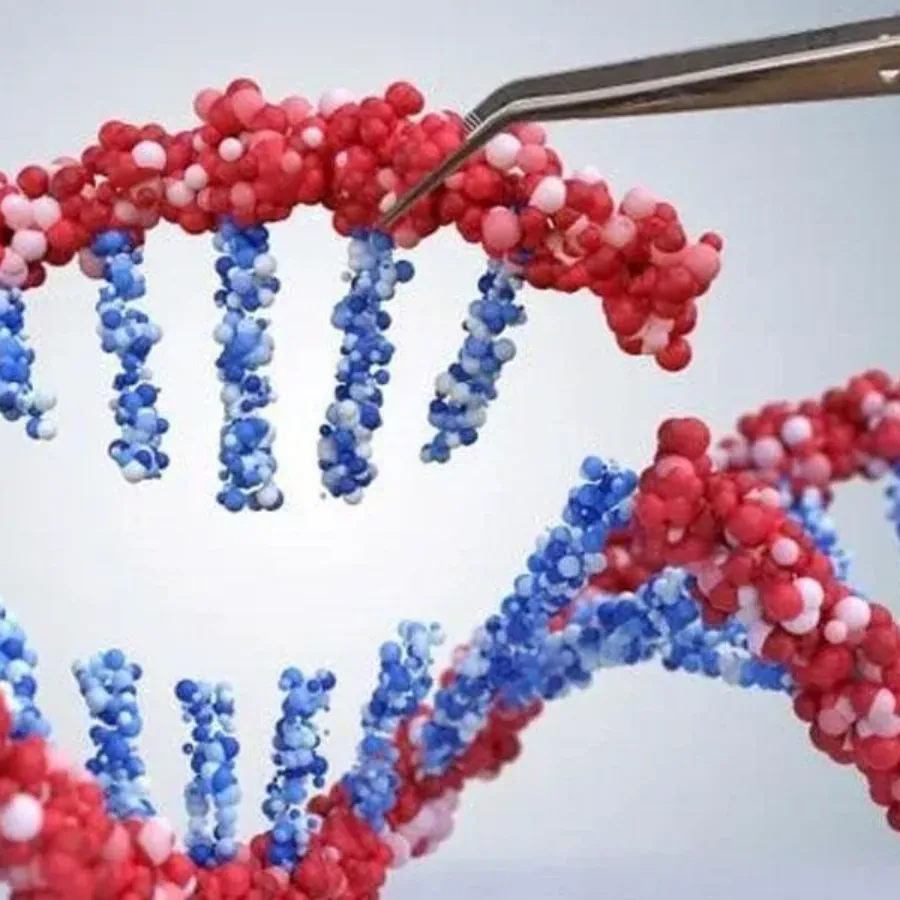 Blogs
Blogs
Cell and Gene Therapies (CGTs) has an estimated market size value in 2022 of USD 8.22 billion and a revenue forecast in 2030 of USD 24.5 billion. This is a CAGR (compound annual growth rate) of 14.6% from 2022 to 2030. Needless to say, the…
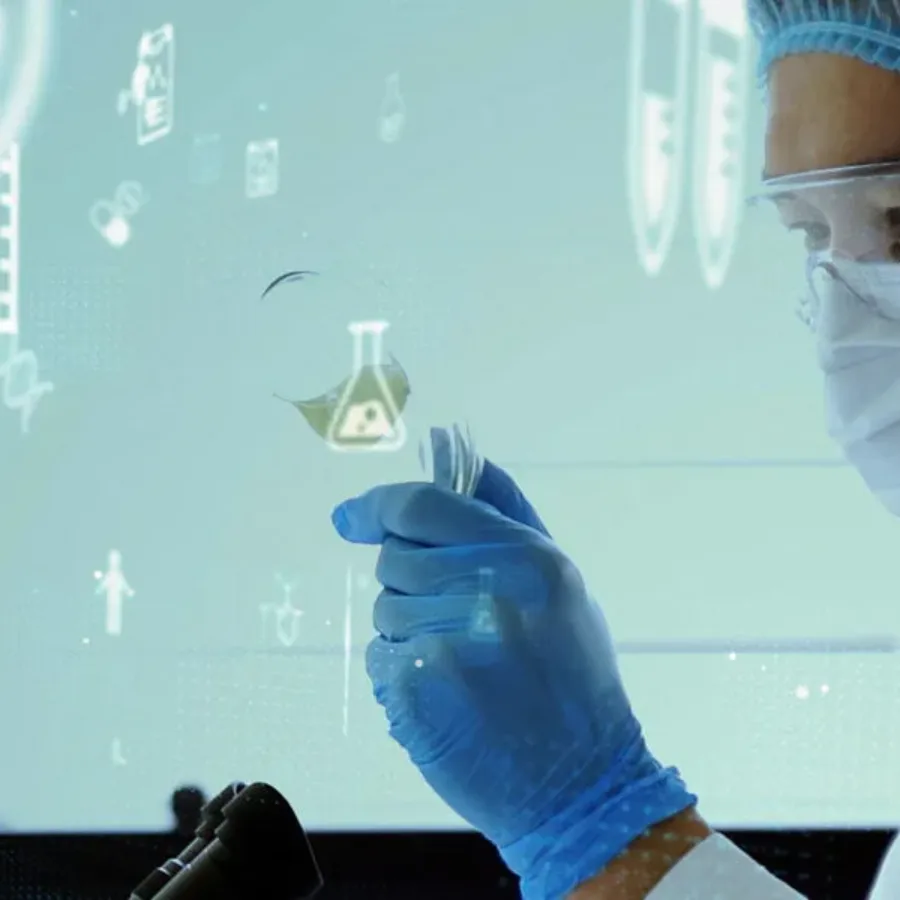 Webinars
Webinars
Being produced by Xtalks on Friday, June 24, 2022 | 12pm EDT (NA) / 5pm BST (UK) / 6pm CEST (EU-Central) 60 min Webinar Description: Cell and gene therapies (CGTs) are types of treatment that use cellular or genetic material with the goal of treating a disease or a…
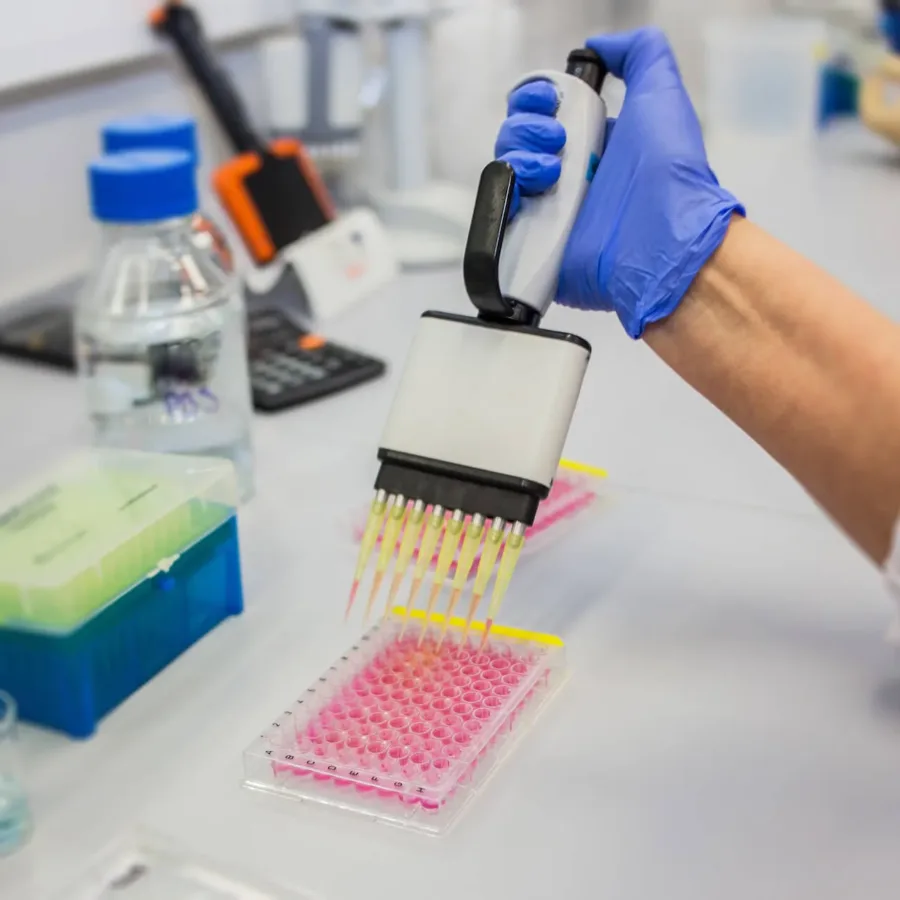 Blogs
Blogs
Introduction of CAR-T Therapy T lymphocytes are engineered with synthetic receptors known as chimeric antigen receptors (CAR) in CAR-T Cell therapy. The CAR-T cell is an effector T cell that recognizes and eliminates specific cancer cells, independent of major histocompatibility complex molecules. (Zhai et al. 2018). Chimeric antigen receptors (CARs) cells have recombinant receptor constructs expressed in T cells to target cells expressing specific antigens.
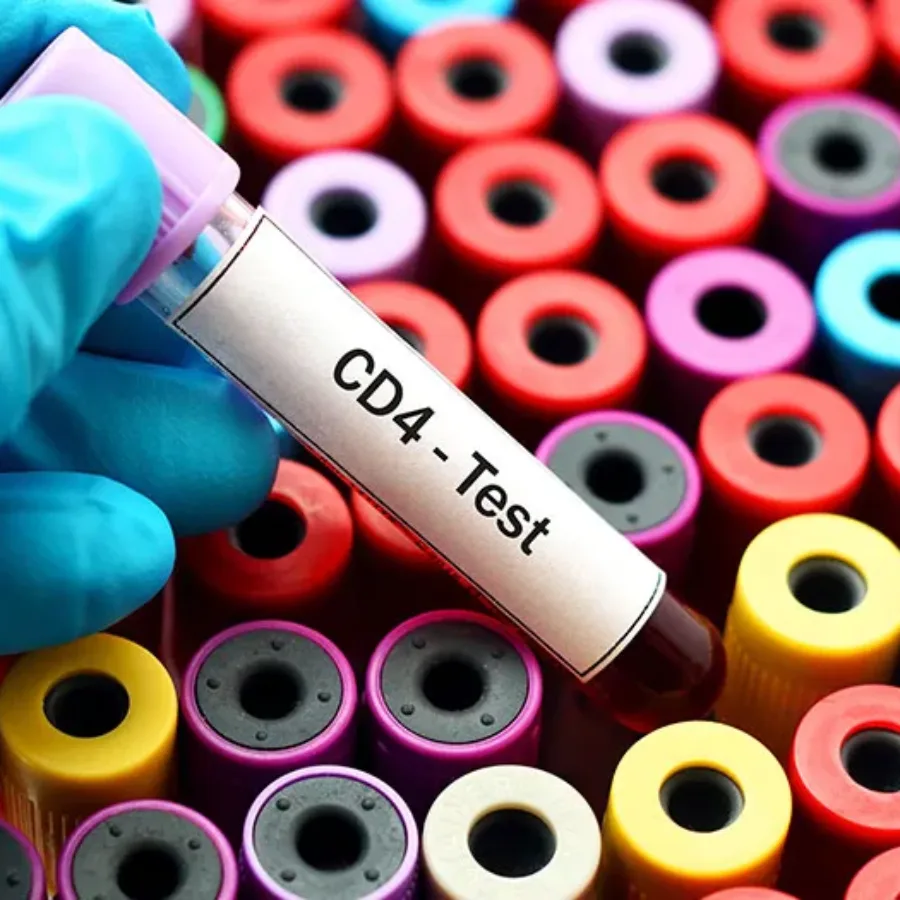 Blogs
Blogs
Due to its ability to analyze multiple parameters across different cell types within a sample, flow cytometry can provide very rich and clinically valuable data sets from even small volumes of blood. However, flow cytometry is a challenging platform to master, and requires significant investment into equipment and technical training. So, for many researchers, outsourcing flow cytometry to a Contract Research Organization (CROs) is both cost-effective and the best way to ensure the highest quality of data from their samples. So, what types of flow cytometry applications are the most outsourced to CROs?
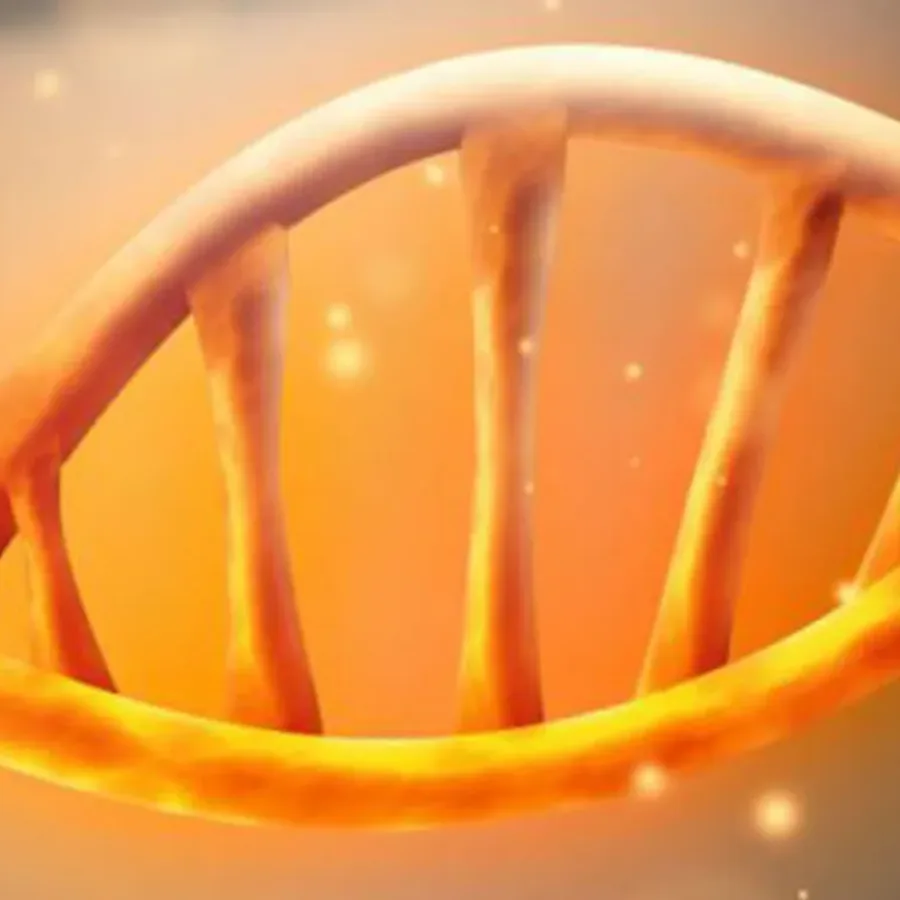 Blogs
Blogs
As a Senior Director for Discovery in the pharma division at KCAS, I would like people to think of “Bioanalytical Discovery” as a stage in drug development; one where you are doing your final…
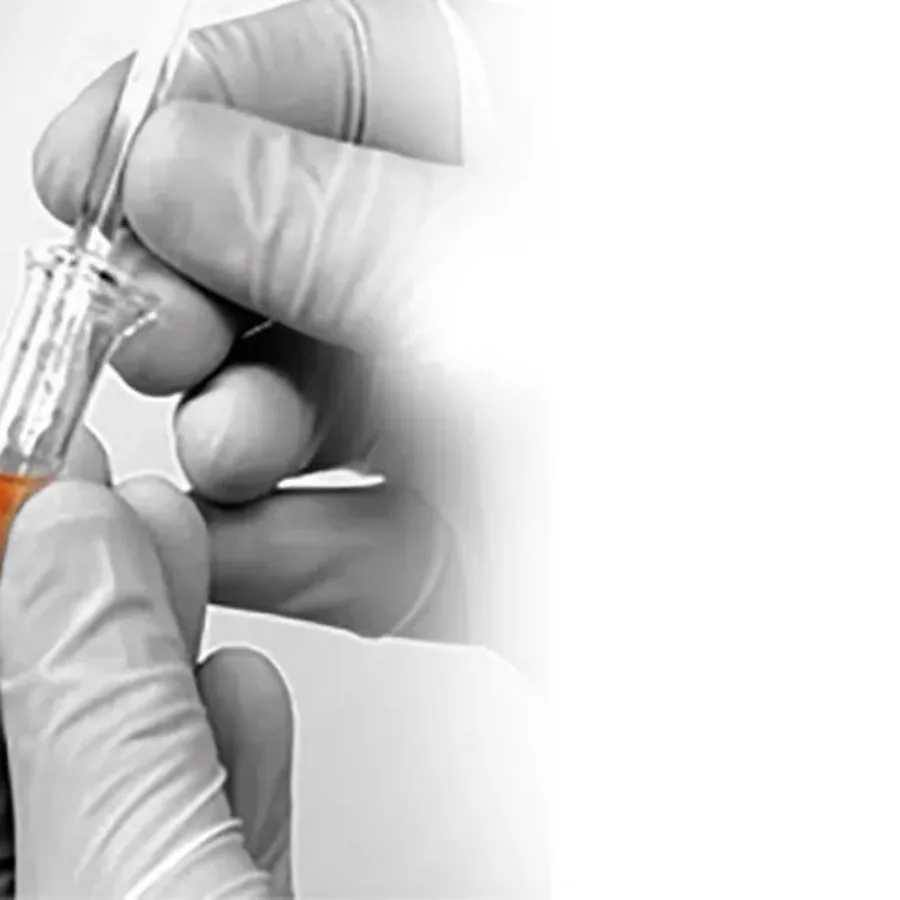 Blogs
Blogs
Tissue and Non-Liquid Matrices (such as cell lines, red blood cells, PBMCs, bone marrow aspirates, and suspension cells) are valuable matrices[] to test for biomarkers (PD) and drug levels (PK). Testing of tissues and…
 Blogs
Blogs
Thank you for your interest in learning about KCAS. Founded in 1979, KCAS has become one of the fastest growing Bioanalytical and Biomarker facilities within our industry. KCAS is a progressive growing contract research…
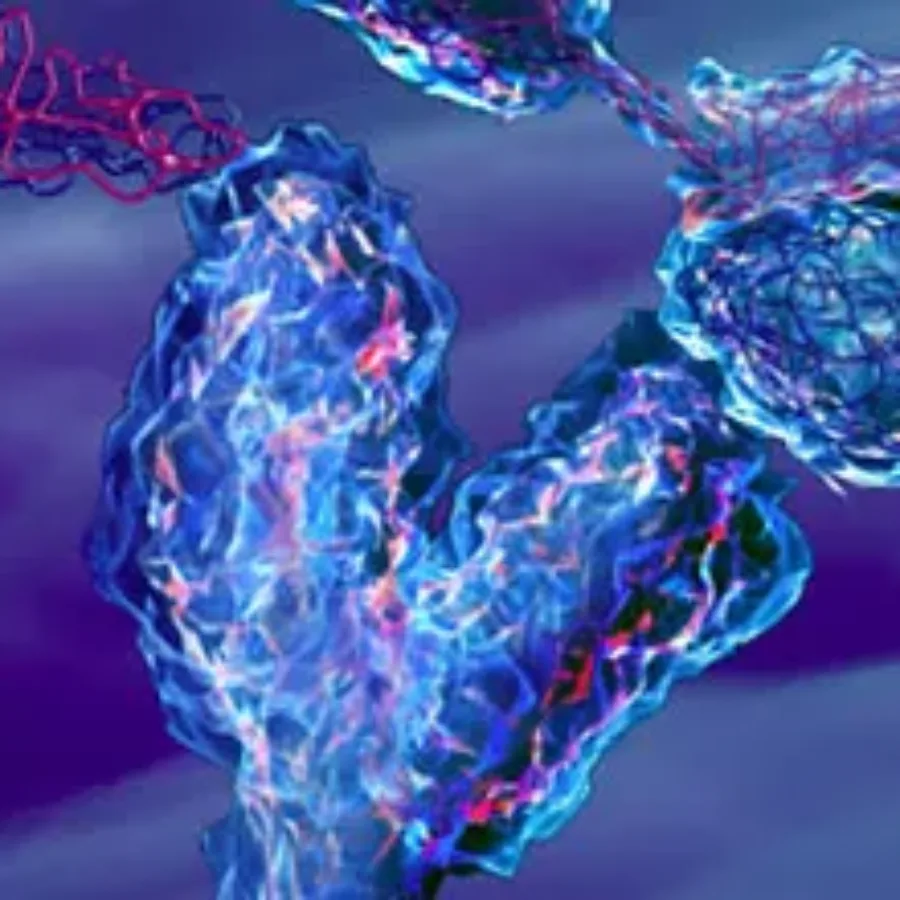 Blogs
Blogs
The bioanalytical landscape for support of biopharmaceuticals (biologics or large molecules) and biomarker testing is an ever changing map. The industry is currently focused on low level sensitivity, data integrity, and compliance with the…
 Blogs
Blogs
If you’re running a clinical or preclinical study, there are many components that you need to think about, plan, and execute. One is “what the heck do I do with these samples we’re collecting”…
 Blogs
Blogs
As the Bioanalytical support for drug development continues to grow, more and more scientists are requiring more complex assays. Two examples are cell based assays and what we refer to as live cell assays.